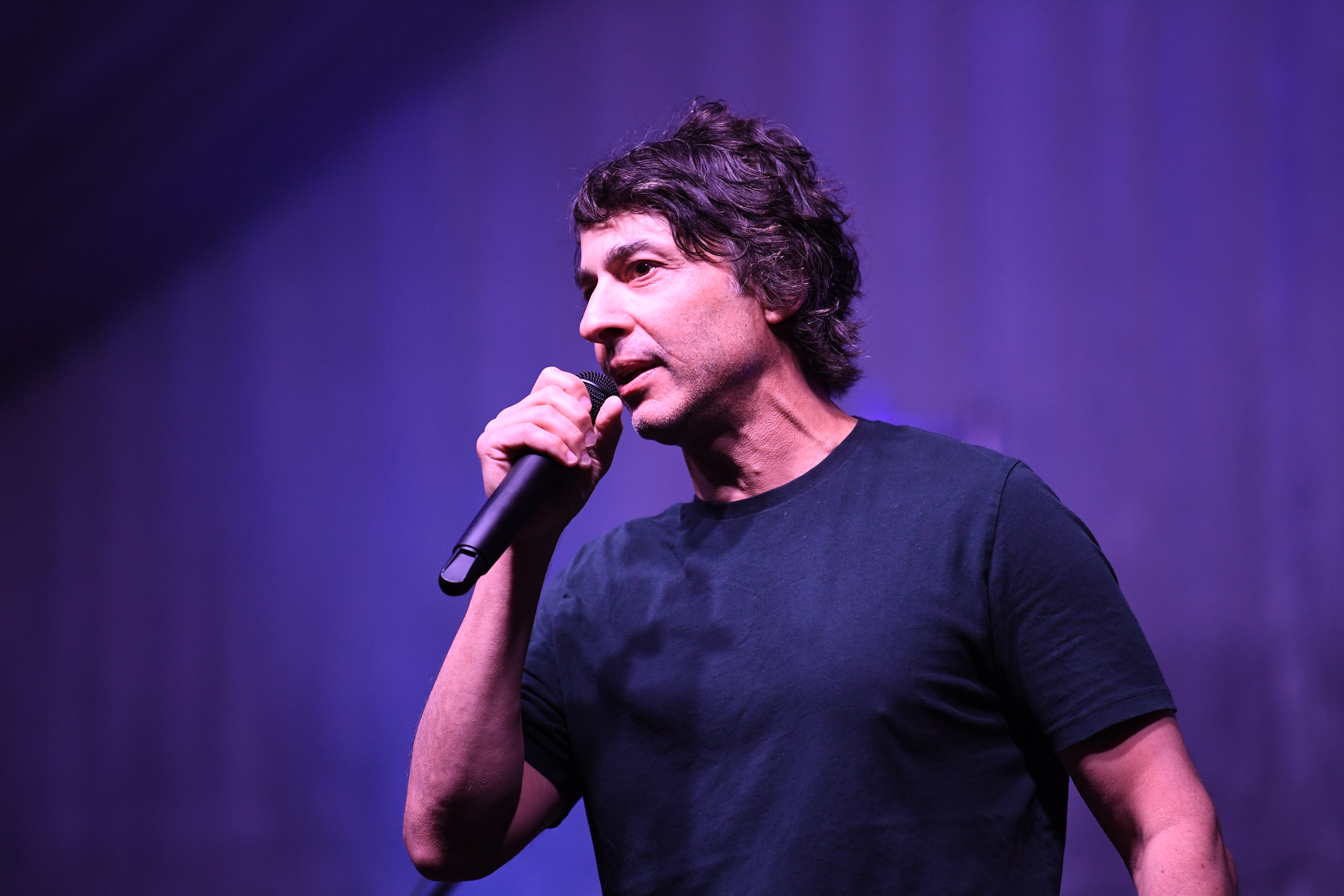Picture this (because one day your iPhone may not let you): you're at a concert seeing your favorite band. You want to get a simple picture to remember the moment forever, so you whip out your iPhone 9000, but the camera button doesn't work. Your iPhone knows you don't have the commercial right to take that picture and has denied you.
Of course, the flip-side here involves piracy and the like: someone sitting in a movie theater to film it and bootleg it, or someone taking a picture where photography is prohibited, such as at a museum (or a concert), and so on and so on.
Apple has filed a patent that could help combat the latter, though still hinder the former. That is: a patent that protects intellectual property rights, but treats everyone like a potential pirate, rather than a valued customer.
The patent deals with making the iPhone sensitive to infrared signals, the kind that could let the device know that it's somewhere where filming and photography aren't welcome. A movie theater, for instance, shoots out these IR beams to interact with hearing aids for the impaired, and a museum or art gallery could put up receivers to let phones know they aren't welcome.
Of course, as Fast Company's Kit Eaton points out, this same technology could also enhance the user experience: that secure signal could also transmit information about an exhibit or painting to one's phone at the same museum or gallery. It all comes down to how the technology is actually implemented in the end.
Or if it's even implemented. A patent doesn't promise a product, and this is all speculative. The fact that this patent even exists, however, is a little telling. Either way, there will always be an alternative, whether it's an Android handset or jailbreaking your iPhone.
Patently Apple, via Fast Company



